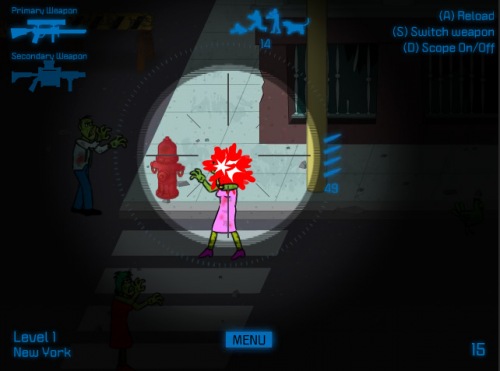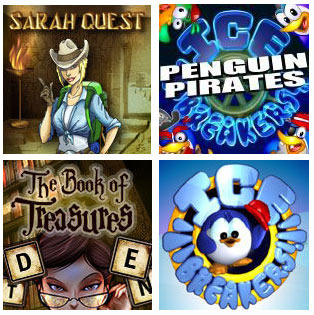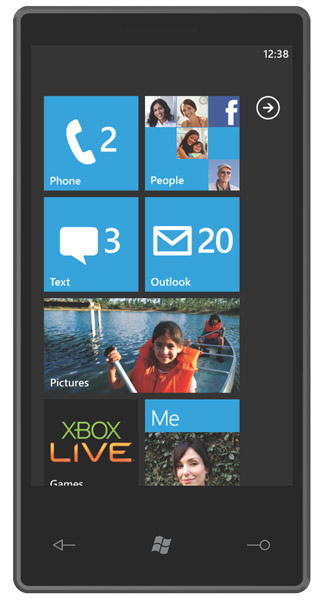Hey! You got your Games in my Internet! Hey! You got your Internet in my Games! mmmmmmmmm
by benjaz | Mar 5, 2011 | Games | 0 comments
For those of you under 40, search for “you got chocolate in my peanut butter” and marvel at 80s vapidity.
I’m about to regurgitate what gamers already know. If not in the brain, then in the gut. But sometimes it’s healthy to cough up what you think you know, lay it out on the desk in front of you and give it a serious review.
Everyone knows that people love games, but a Nielsen study done late last year is striking. Its conclusion is that, well, Online Games is fucking massive. It’s #2 only to social networks in time spent. It’s the #1 content consumed online, though they qualify their video numbers by saying they don’t measure all video streams (they do include YouTube and Netflix and the like).
Content on the Internet now: (ranked by most time spent)*
1. Games
2. Editorial (news, blogs)
3. Video (TV, Film, man getting hit in the balls with a hammer)
4. Audio (music, podcasts)
This got me thinking…
The “Internet” is the backbone/delivery system of this content. PCs and mobile are the screens. Social networks and sharing services are the free ecosystem that provides and supports relevance to each of the content categories listed above.
With this in mind, what is Games’ future value?
Content on the Internet soon: (ranked by most time spent)**
1. Games or Video – As networks and studios provide more video content “online” the competition with games on Time Spent will be fierce. Games will win on quality time. Video will win on bulk of time spent…It’ll be like the boring Page View argument — “Yes, that’s a valid page view, but is it a valuable page view?” But instead we’ll hear, “Yes, that’s time spent, but is it quality time?”
2. Editorial
3. Audio
So two big moves this way come, and one massive opportunity for someone:
* The mobile screen will be the primary interface, with PCs providing niche, “power-user” experiences. HTML5, app stores and elegant online services will continue to give us everything we need to be productive (even artists/designers!) and have fun on-the-go — minus the big screen and the mouse, which will always be needed. Games on your home computer will go even more fringe as home computers, even laptops, go fringe. It’s no secret that this is a huge threat to all content providers, game makers included. The old-guard Games industry is NOT ready for this transformation to mobile. Look at EA’s mobile offering (below average, but improving). Look at Zynga’s (as it is, ahem).
* Games will have some real competition for time spent. Since Games already gets underestimated and misunderstood as a market by mainstream business, this means it will only have to fight harder for respect as Hollywood steals the limelight. Nothing new there. Oh, by the way, this is a hope, not a complaint.
But I do think it’s a fundamental question, whose answer will be in the form of the biggest company of this decade. Who will be the mobile provider of the free social ecosystem that provides and supports relevance to each of the above content categories? Mobile Facebook is the likely catalyst, but that’s not a sure thing. Could a game network be the ecosystem? Could 2014 be all about Hi-5 vs. Zynga/MySpace.
HAHAHAAHAHAHAhahahahaheeeeeee.
Sorry.
One more striking thought, though:
Consider video, editorial, music and games. The four cornerstones of online content. Then consider the primary ways of monetizing that content online…
Ads, promos
Subscription services
Downloads
Microtransactions
The only medium to touch on all of these revenue generators is games. Music gets close but the music itself is not a good vehicle for ads and promotions. Even more striking is this…Not only has the Games market leveraged all of these generators, it’s thrived with each of them. WildTangent, AOL and countless others love in-game integration, Pogo thrives on subscription services, Steam made a billion bucks on Downloads in 2010, Zynga/Facebook use the dollars from microtransactions to wipe the oil stick on their Bentleys.
That. Is. Amazing.
*Nielsen Netview Aug 2010 || http://bit.ly/ejYSv2
** Pulled from Ben’s butt





